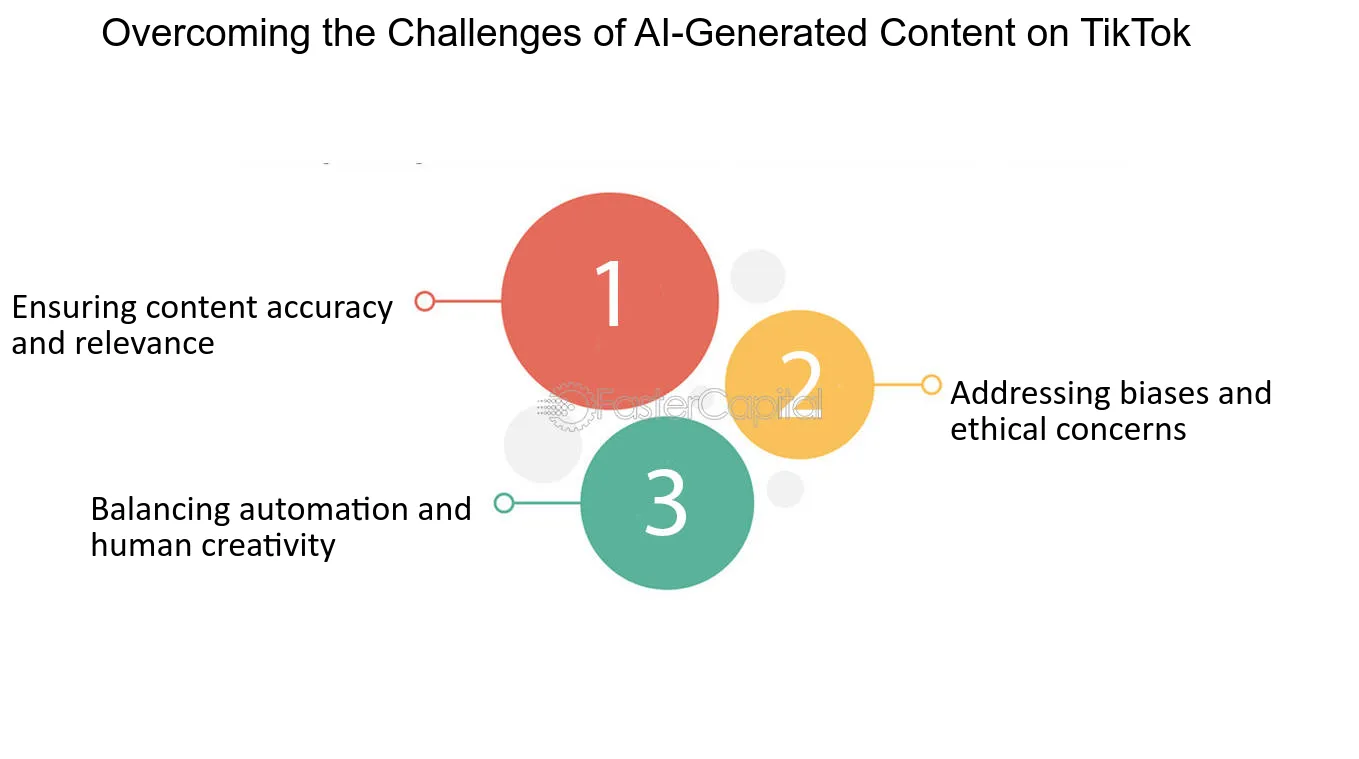Introduction:
In the digital age, where consumers are bombarded with advertisements and content from all directions, the one-size-fits-all approach to marketing no longer suffices. Today, successful marketing hinges on delivering tailored experiences to individual consumers. This is where Artificial Intelligence (AI) steps in, revolutionizing the way businesses engage with their audience.
The Power of Personalization:
Personalization is the practice of tailoring marketing messages, products, and services to individual consumer preferences. It involves understanding your customers on a deep level, knowing their likes, dislikes, behaviors, and needs. When done right, personalization creates a sense of connection and relevance, making customers more likely to engage with your brand.
Traditionally, personalization was a labor-intensive process that involved segmenting customers into broad categories and crafting marketing materials accordingly. However, this approach had its limitations. It couldn’t adapt quickly to changing consumer behaviors and preferences, and it often resulted in missed opportunities for businesses to connect with their audience on a personal level.
AI-Powered Personalization:
This is where AI steps in as a game-changer. Artificial Intelligence has the ability to process vast amounts of data at lightning speed, making it possible to analyze and understand individual customer preferences and behaviors in real-time. Here’s how AI is transforming personalized marketing:
Data Analysis and Insights:
AI algorithms can sift through mountains of data, including customer purchase history, online behavior, social media interactions, and more. It identifies patterns and trends that would be impossible for a human to discern. These insights provide a 360-degree view of each customer, enabling businesses to create highly personalized marketing strategies.
Segmentation and Targeting:
AI can automatically segment your audience into highly specific groups based on their characteristics and behaviors. This allows for laser-focused marketing campaigns that speak directly to the interests and needs of each segment. For example, an e-commerce company can target one segment of customers interested in outdoor gear with hiking equipment while another segment interested in cooking with kitchen gadgets.
Predictive Analytics:
AI can predict future customer behavior with impressive accuracy. By analyzing historical data, it can forecast what products a customer might be interested in, when they are likely to make a purchase, and which marketing channels are most effective for reaching them. This predictive power allows businesses to proactively engage with customers and offer relevant products or services before they even realize they need them.
Dynamic Content Personalization:
With AI, websites and apps can dynamically adjust content in real-time based on a user’s preferences and behavior. For instance, an e-commerce website can display product recommendations tailored to each visitor, increasing the chances of a purchase. Similarly, streaming platforms like Netflix use AI to recommend shows and movies based on a user’s viewing history.
Benefits of AI-Powered Personalization:
The adoption of AI in personalized marketing brings numerous benefits to businesses:
Higher Engagement and Conversions: Personalized marketing campaigns are more relevant to customers, leading to higher engagement rates and increased conversions. When customers feel that a brand understands and caters to their needs, they are more likely to make a purchase.
Improved Customer Loyalty: Personalization fosters a sense of loyalty as customers develop a stronger connection with brands that consistently provide them with relevant content and offers.
Cost Efficiency: AI automation reduces the time and resources required for manual data analysis and campaign customization. It ensures that marketing efforts are focused on those most likely to convert, optimizing the use of resources.
Enhanced Customer Experience: Personalization enhances the overall customer experience by delivering content and offers that align with individual preferences, making interactions more enjoyable and memorable.
Competitive Advantage: Businesses that leverage AI for personalized marketing gain a competitive edge by staying ahead of the curve in delivering tailored experiences to their audience.
Challenges and Ethical Considerations:
While the benefits of AI-powered personalized marketing are clear, there are also challenges and ethical considerations to address. These include:
Data Privacy: The collection and use of customer data raise concerns about privacy and data security. Businesses must be transparent about their data practices and comply with regulations like GDPR.
Algorithmic Bias: AI algorithms can inadvertently perpetuate biases present in the data they are trained on, leading to discriminatory outcomes. Careful monitoring and bias mitigation strategies are essential.
Consumer Consent: Obtaining clear and informed consent from customers to collect and use their data for personalized marketing is crucial. Customers should have control over their data and be able to opt out if they wish.
Customer Overload: There’s a fine line between personalization and inundating customers with too many messages. Striking the right balance is key to avoiding customer fatigue.
Conclusion:
Artificial Intelligence is reshaping the marketing landscape by enabling businesses to deliver personalized experiences that resonate with individual customers. By harnessing AI’s data analysis, segmentation, predictive analytics, and dynamic content personalization capabilities, businesses can target the right audience with precision, leading to higher engagement, loyalty, and competitive advantage. However, it’s crucial to address ethical considerations and privacy concerns to ensure that AI-powered personalized marketing benefits both businesses and their customers in a responsible and sustainable manner. As AI continues to evolve, it will play an increasingly central role in helping businesses connect with their audience in meaningful and impactful ways.




